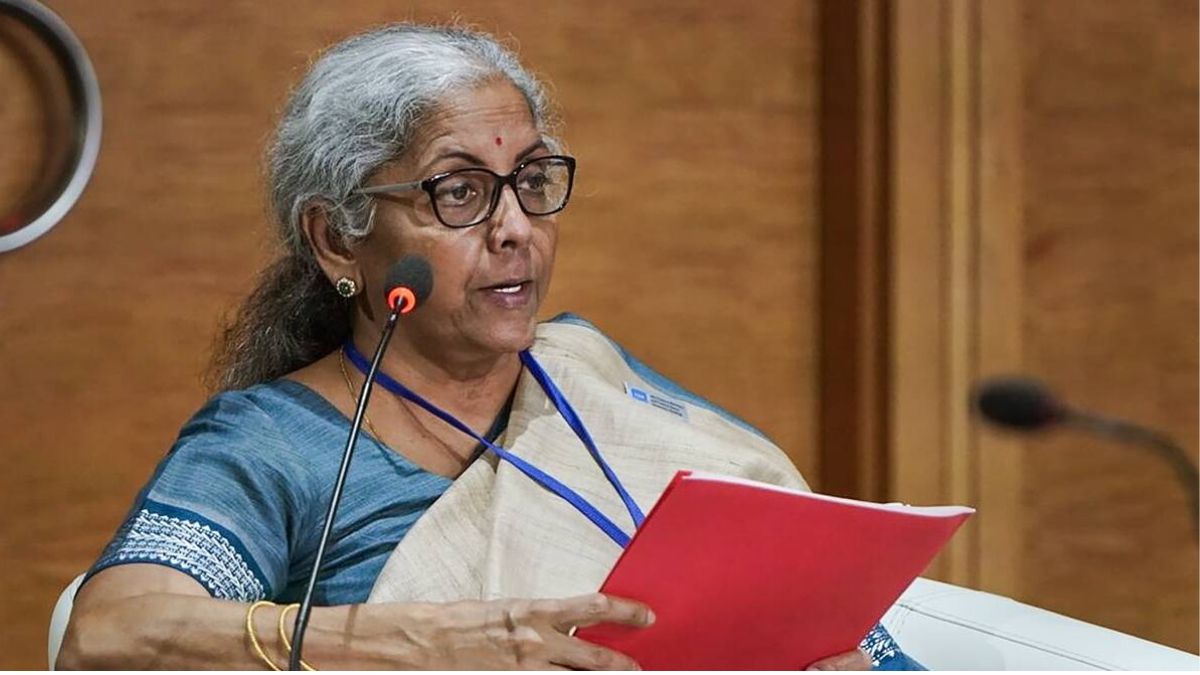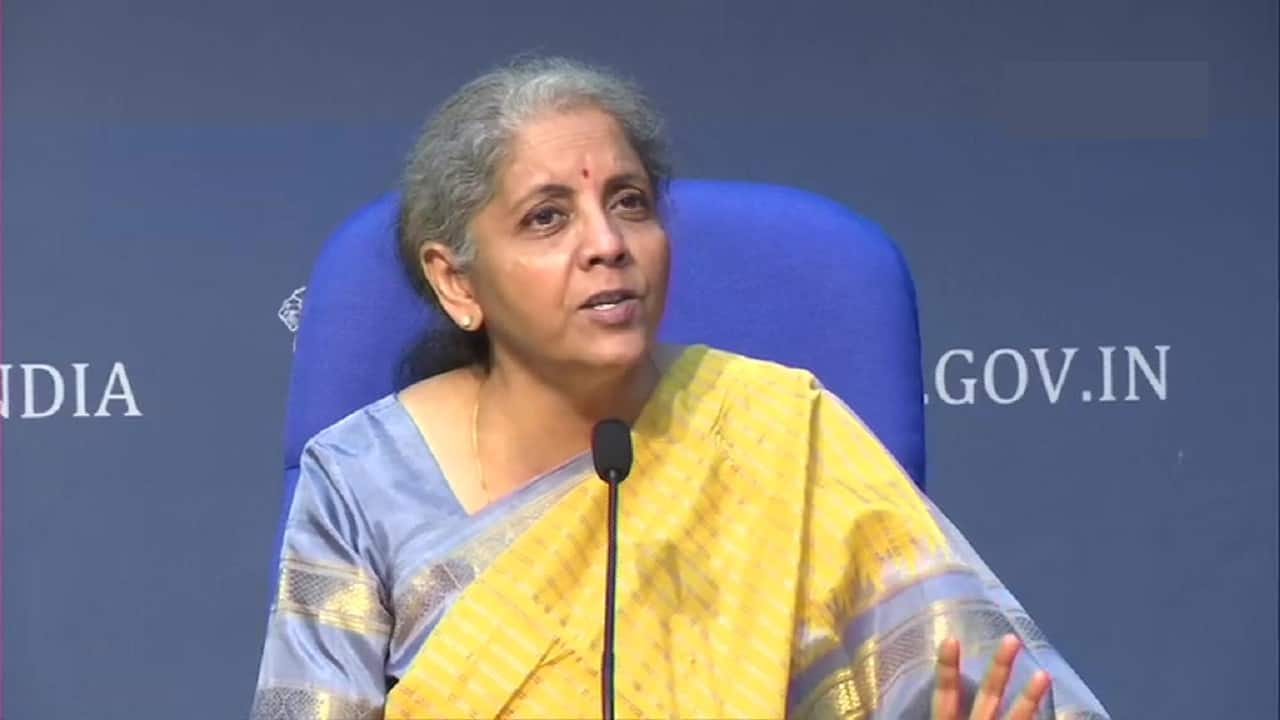In an interview on Tuesday, present finance minister Nirmala Sitharaman remarked that India is willing to show utmost compliance with global sanctions, like that of the United States on Venezuela and Russia. However, India is unable to do so as it prioritizes maintaining its own strategic interests and economic strength. In January this year, the United States imposed the tough sanctions on Venezuela’s oil industry.
The sanction by the US was so stiff that it scared away some global customers, looking for alternative options for the supply of heavy oil. Indian refiner, Reliance Industries Limited, which was a regular customer of the Venezuelan crude has shifted to take the supplies from a Russian major by the name Rosneft. Rosneft is resuming operations in direct oil loadings in South American countries, after a brief break of four months. Sitharaman said the Indian government has expressed its view to the United States.

“In specific issues which are critical for India’s strategic interests, we have explained to the United States that India is a strategic partner for the United States of America and as a strategic partner we need to be strong and not weakened,” she said.
India-US trade relations
She said India values the strong trade relations and partnership with the USA, but it has to be equally mindful of a robust domestic economy. Earlier this month, the International Monetary Fund lowered its outlook for Indian growth this year. It cited the growth of the Indian economy to be ‘weaker than expected domestic demand’. IMF in its remarks also predicted the global growth of the year to be slowest since the 2008-09 financial crisis, owing to the US-China trade war. Commenting on the GDP growth rate in India, the IMF said that it is at its ‘weakest pace’ from April to June 2013. IMF, in its statement, pointed towards a ‘synchronized slowdown’ ongoing in the global economy.

‘Slowdown’ of the global economy
IMF suggested that now, countries with a spare budget in their domestic finances should prepare themselves to deploy fiscal firepower. IMF remarked that in fact, low-interest rates might give some policymakers additional money to spend.
The global economy is witnessing “synchronized slowdown”, spread over 90% of the world economy in 2019, which will, in turn, show a slower growth result. New IMF chief Kristalina Georgieva warned that its adverse effects on the domestic level would be “more pronounced” in some of the largest developing and emerging market economies like India. In other parts of the world, like in the United States and Germany, the state of unemployment has hit historic lows. However, despite the same, advanced economies like in the United States and Japan and especially the euro area, there is a softening of economic activity, she said.

Economic Implications of abrogating Article 370:
On questions shooting to Sitharaman for the comments of the IMF, she said that New Delhi has employed all means to boost the domestic growth with schemes like the infrastructure package, new loan programmes etc. She also said that global headwinds are getting stronger by the day and she has not closed the options of fiscal stimulus. There were also questions surrounding the Centre’s recent controversial actions in the former state of Jammu and Kashmir, stripping it of its autonomy by abrogation of Article 370 on August 05. To the comments, Sitharaman came up in strong defence that the removal of Article 360 will boost the region’s economic potential, contributing to the economy of India.

In Jammu and Kashmir, there has been a total clampdown since August 05. The government has imposed curfew-like restrictions, shutting down phone and mobile networks, arresting local politicians and advocates. On allegations of human rights violation in the area, Sitharaman said that even before the recent action of the government, minority community, scheduled castes, nomadic tribes and women were stripped of human rights. Why did the global community not raise human rights concern back then?

